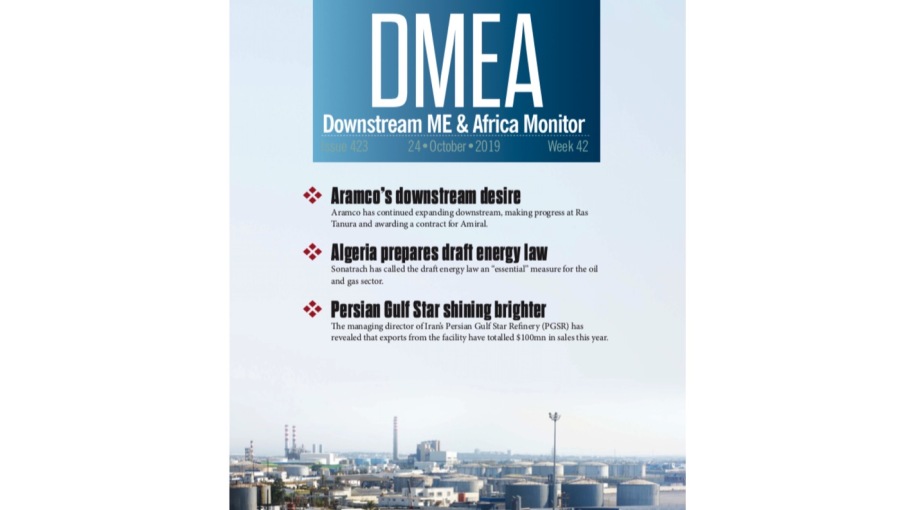DMEA: Karbala progresses, Sapref shuts

In this week’s DMEA, we look at the contrasting fortunes of refineries in Iraq and South Africa.
Iraq’s Karbala refinery is set to begin commissioning on schedule in September before ramping up to full capacity in 2023, according to the facility’s director.
Speaking to the Iraq Oil Report during a site visit, Hayder Shareef Mohammed said that the refinery will produce high-quality products to help meet growing domestic fuel demand; however, he noted that uncertainty over the financing of the remaining stages of the project will carry over into the project’s timeline.
Mohammed said that Karbala will open with a capacity of 70,000 barrels per day (bpd) of light and medium crude and he anticipates that this will rise to its full 140,000 bpd capacity during 2023.
In October, the South Korean consortium developing the refinery, led by Hyundai Engineering & Construction, told Oil Minister Ihsan Abdul-Jabbar that despite delays caused by a halt to works imposed by the coronavirus (COVID-19) pandemic, the facility has surpassed 92% completion.
Karbala will comprise 35 operational and service units, including four gasoline production units, a thermal cracking unit, a poly-naphtha unit to produce octane 95 and 90 fuels as well as 44 storage tanks. Gasoline-producing units have already been completed
Meanwhile, BP and Shell have announced plans to suspend operations at the Sapref refinery indefinitely, saying they cannot commit to any further expenditures until they make a decision on the fate of the plant, which they have been operating through a joint venture.
The two companies went public with their decision on February 10, explaining in a joint statement that they intended to freeze investments and halt operations at the 180,000 barrel per day (bpd) plant near Durban by the end of March.
“The decision has been taken to allow an informed finalisation on the various options available to the shareholders, a sale option being the most preferred,” they said. “Until decisions about the future of the plant have been made – including a possible change of ownership – the Sapref shareholders are unable to commit to further investment in the refinery.”


Follow us online